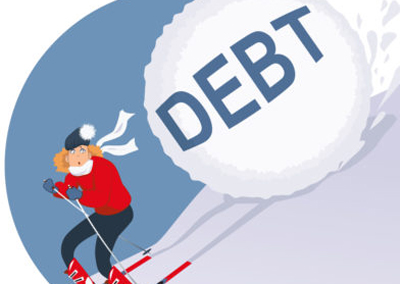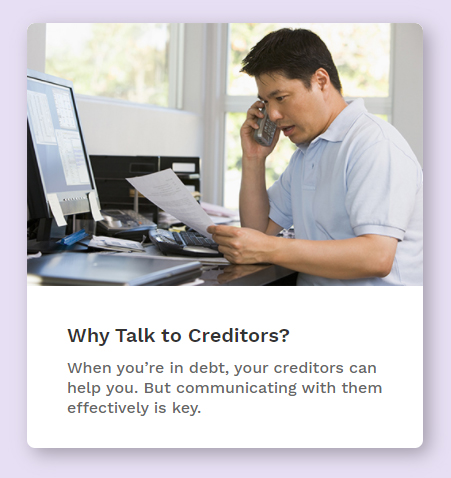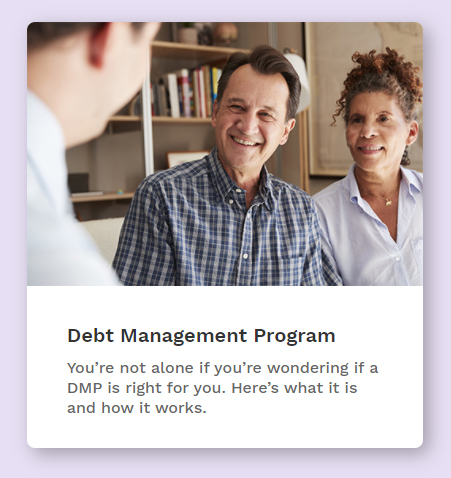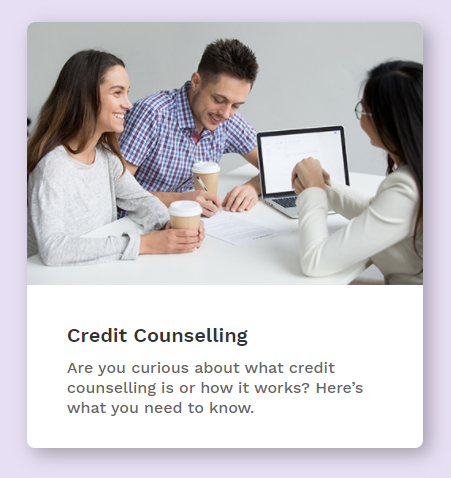Which Debts Don’t Need to Be Paid Down First?
By Julie Jaggernath
When you are trying to figure out how to get out of debt quickly, you might have some debts that don’t need to be paid down first. That doesn’t mean you can ignore them and stop making payments, but it does mean that making just your minimum payments is a good strategy when you’re dealing with other more expensive debts, like high interest credit cards or government debt.
Government Debt Can’t Be Ignored, Federal and Provincial Student Loans Can Be Held Off with Minimum Payments

If you are wondering which debts don’t need to be paid down first, keep reading; we’ll help you understand what this means. However, it is important to note that if you have government debt, you will have to pay that debt down first. A federal or provincial student loan, while it is a form of government debt, as long as you are not in arrears, your loan agreement says that you can make minimum payments until the debt is gone. While making minimum payments won’t get you out of debt quickly, it will allow you to meet your minimum contractual obligation and focus on more expensive debt first.
Federal and Provincial Student Loan Debt Repayment Considerations
Federal and provincial student loan debt, while significant for many people, has two special considerations when it comes to repayment:
- the interest can be claimed as a tax credit on your income taxes
- the amortization of the loans can be extended up to 15 years
What does this mean? It means that government student loan interest is tax deductible in Canada and the longer amortization of your loan makes the payments smaller and more affordable (by spreading payments out over a longer period of time). These 2 benefits disappear if you consolidate your government student loans into a debt consolidation loan at your bank or credit union. This helps you direct as much money as possible to pay off other debt, like your high interest credit cards, first.
Is There a Downside to Longer Amortization with Student Loans?
You might be thinking that with a longer amortization you pay more interest, and you’re right. But you can write that interest off when you file your taxes. You won’t get it all back, but it will lower how much income tax you pay. If your income is low, you can carry the eligible, unused amount forward for up to five years (potentially to a time when your income is higher). If your financial situation improves, there’s no penalty if you make bigger payments again.
What About Non-Government Student Loans and Consolidating Government Student Loan Debt?
Other kinds of student loans, e.g. those through your financial institution or a private funding source, do not qualify for a tax credit when it comes time for repayment. (Neither does your government loan if you consolidate it with other debt into a new loan from your bank or credit union.) If you need help or guidance with student loan debt, one of our Credit Counsellors can help you, as could your loan provider or even a tax professional.
Contact Us for More Information About Which Debts Don’t Need to Be Paid Down First
If you would like more info about which debts don’t need to be paid down first, we are here to answer your questions. We can also work with you to get your finances back on track, if you decided that that is what you want to do. Contact us any time by email, by phone at 1-888-527-8999 or through our online chat – we’re always happy to help.
Last Updated on January 3, 2025






